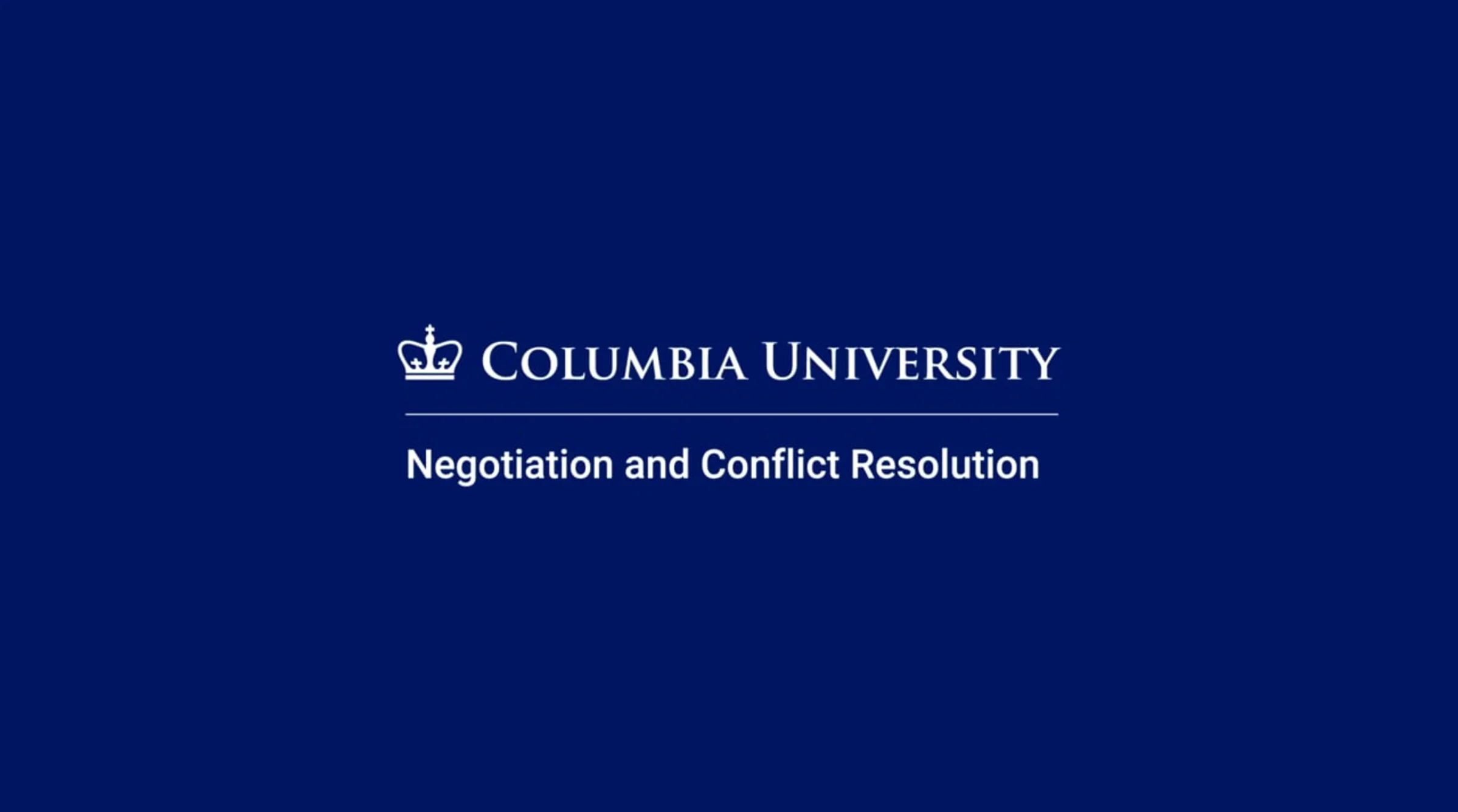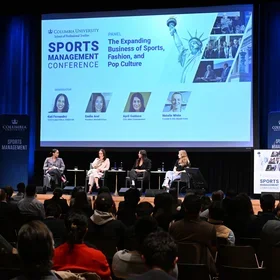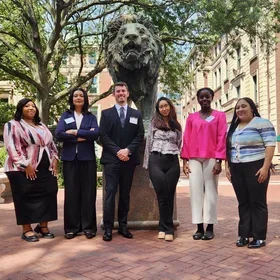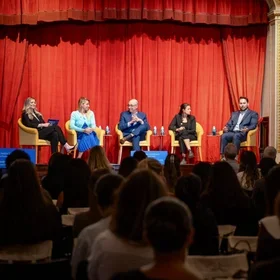In 2016, after more than 50 years of civil war, a peace accord was signed in Colombia, signaling a new era of cooperation, reconciliation, and nonviolence. But how did the Colombian people get there, and what are the prospects for peace in the long term? For more than six years, students enrolled in the Peacebuilding Practicum course have been examining and building on those answers in countries such as Colombia, South Africa, and Israel.
“Not enough attention is given to what’s been happening in the peacebuilding arena,” says Dr. Beth Fisher-Yoshida, program director of the M.S. in Negotiation and Conflict Resolution (NECR) at the Columbia University School of Professional Studies. She co-lectures the Peacebuilding Practicum with anthropologist and international conflict-resolution expert Joan Camilo Lopez. Each summer through the course, Dr. Fisher-Yoshida and Lopez bring students to regions with histories of conflict to conduct field research and document effective peacebuilding methods in hands-on, local contexts. “You go not as a tourist but as a scholar or researcher,” says student Mateo Velastegui, who visited Colombia last summer. “You get a much deeper understanding of the conflict you’re studying.”
Peacebuilding, according to the United Nations, “involves a range of measures targeted to reduce the risk of lapsing or relapsing into conflict by strengthening national capacities at all levels for conflict management, and to lay the foundations for sustainable peace and development.” Velastegui and his classmates learned from and collaborated with Los Andes University students and community members in Bogota, Medellín, and San Carlos, Colombia, to track each city’s progress in the peacebuilding process.
The course taps into the NECR program’s deep connections with community leaders and organizations such as Fundación Pintuco, Casa Kolacho, and Escuela Popular de Arte (EPA). Many peacebuilding activities in the country involve the arts—such as music festivals and mural painting—and center the impacted communities. “This helped to show people that it was okay to interact with each other [and] to live with each other,” recalls Velastegui.
“We visited different parts of the city in which the conflict has developed in different ways. In spite of us having models for conflict resolution, they cannot be applied in the same way in every setting,” emphasizes Lopez. He cowrote Redefining Theory and Practice to Guide Social Transformation with Dr. Fisher-Yoshida in 2020 to provide strategies for practicing peacebuilding theories while respecting and honoring local knowledge.
The Peacebuilding Practicum is designed to activate previously taught theories and strategies and expand students’ knowledge and experiences with new materials and skills. Through guided reflection and supervision, students also receive small-group and individual feedback on a regular basis.
“There’s no way to learn how to do conflict resolution without practicing those skills,” says student Manisha Munshi. Like those of many other students, Munshi’s reasons for enrolling in the course are both personal and professional. She’s an attorney with an interest in international conflict—and her family is from Kashmir, a region that’s been contested by India and Pakistan for more than 70 years: “One thing that really encouraged me during my time in Colombia was seeing the ways in which people take seriously the idea that peace is a possibility. … With a peace process in place, there’s hope that the situation can improve and an acknowledgment that we still have to keep working to make it better.”
About the Program
Conflict-resolution skills are essential for forging and stewarding successful relationships between people, communities, and organizations. The Columbia University M.S. in Negotiation and Conflict Resolution prepares students to analyze the root causes and dynamics of conflict and to transform disputes through reasoned and resourceful interventions. The program is offered full-time, part-time, and with an online (with residency) option. Learn more about the program.
Fall 2023 application deadlines for the M.S. in Negotiation and Conflict Resolution program are January 17, 2023, for the priority deadline; March 15 for applicants with international documents; and May 17 for the final deadline. Applications are reviewed and admission decisions are released on a rolling basis. Learn more here.



